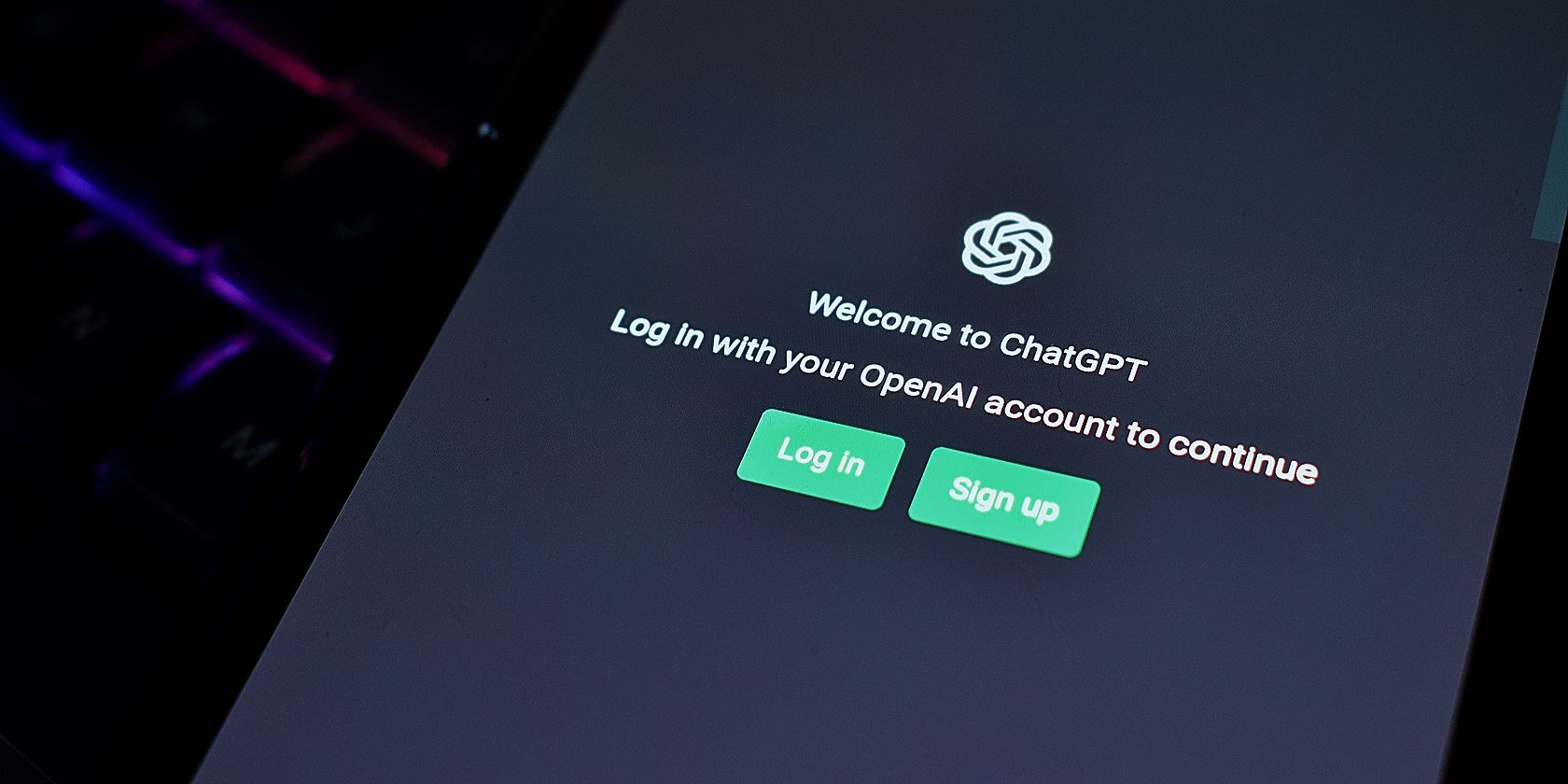OpenAI has thrown open the doors of ChatGPT to users without the need for an account, aiming to democratize access to this cutting-edge conversational AI. This strategic pivot seeks to widen the platform’s appeal and accessibility, potentially inviting a new wave of users who value anonymity or those who have previously sidestepped the platform due to the barrier of registration. However, as with any significant shift, this new “ultra-free” access model introduces its own set of limitations and unanswered questions, particularly around the more restrictive content policies for users who choose to remain unregistered.

For starters, the ultra-free version of ChatGPT delineates a clear line between the experiences of logged-in users and those accessing the platform anonymously. Non-account users will find themselves unable to save or share chats, use custom instructions, or enjoy other features tied to a persistent account. This bifurcation raises an important discussion about the value exchange between users and the platform: the convenience and added functionalities for those willing to share their data versus a more constrained experience for those who are not.
The ambiguity surrounding the “slightly more restrictive content policies” for anonymous users adds another layer of complexity to this narrative. OpenAI’s decision to implement stricter content guidelines for non-account users, while understandable from a risk mitigation perspective, leaves many wondering how these policies will affect the platform’s utility and the overall user experience. Will these restrictions hinder the platform’s ability to serve as a versatile tool for inquiry and exploration? Or will they simply serve as necessary guardrails to ensure the platform’s responsible use?
Furthermore, OpenAI’s approach to safeguarding against misuse and abuse of the platform in this account-free environment remains to be fully seen. The company’s reliance on behind-the-scenes measures to detect and prevent inappropriate use, while necessary, also signals a cautious, if not reactive, stance towards potential challenges. This move to open access, therefore, can be seen as an experiment in balancing the openness and accessibility of AI with the imperative of maintaining a safe and respectful platform.
As OpenAI rolls out this account-free version of ChatGPT, the tech community and broader public will undoubtedly be keen to observe how these trade-offs play out. The success of this initiative will largely depend on OpenAI’s ability to adapt and respond to feedback, ensuring that the platform can continue to grow in a way that respects both the potential and the pitfalls of widespread AI accessibility.
In essence, OpenAI’s latest move with ChatGPT represents a significant milestone in the journey toward making AI tools more accessible to all. Yet, it also underscores the ongoing dialogue between innovation and responsibility, a conversation that is as complex as it is critical. As we venture further into this uncharted territory, the outcomes of this experiment will likely offer valuable lessons for the future of accessible AI.

